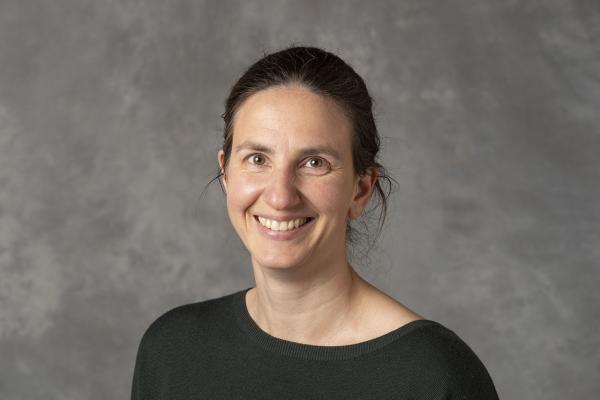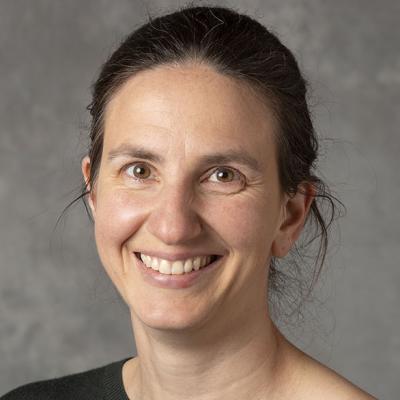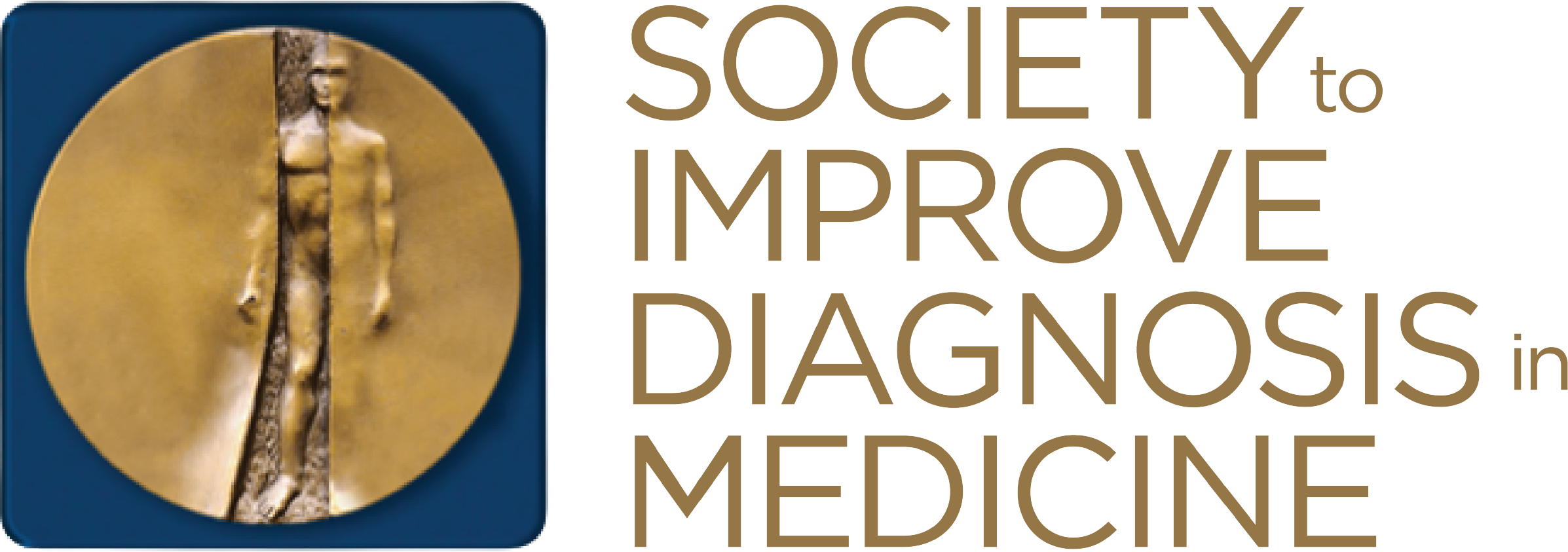Professor Pagel will discuss how information covering the consequences of both acting and of waiting must be presented; how understanding what outcomes matter to the patient can change both what is measured and what numbers are discussed; and how numbers can mislead if not carefully presented. She will draw on her long experience of communicating data about outcomes in congenital heart disease to patients and clinicians and her experience of communicating Covid-19 data to the broader public and media during the pandemic.
This session has the following learning objectives:
- Identify how decisions made by many stakeholders are influenced by how information is presented
- Discuss effective and evidence-based approaches to communicating with the public about health information
- Understand the importance of communicating the context behind the numbers
- x

Christina Pagel, PhD
German-British Mathematica and Professor of Operational ResearchUniversity College London (UCL) within UCL's Clinical Operational Research Unit (CORU)Christina Pagel is Professor of Operational Research (a branch of applied mathematics) at University College London (UCL) at the UCL Clinical Operational Research Unit. Her main research area is using mathematical tools to support delivery of health services. This includes combining mathematical models and analysis of routinely collected national and local datasets to support service delivery and design both locally and nationally. She runs a large programme of work in understanding and communicating outcomes for people born with congenital heart disease, which has included the development and implementation of the method used nationally for 30-day survival following paediatric heart surgery. She is co-director of the UCL CHIMERA hub where researchers will examine anonymised data from 40,000 patients at University College London Hospital (UCLH) and Great Ormond Street Hospital (GOSH), to develop a better understanding using mathematical modelling of how people’s physiology changes during ill health and recovery. Since May 2020, she has been a member of Independent SAGE, a group of scientists who are working together to provide information to the public and decision makers to support Britain’s recovery from the COVID-19 crisis. In 2021, she received two awards for her public communication, one from the BMJ and one from HealthWatch UK.


